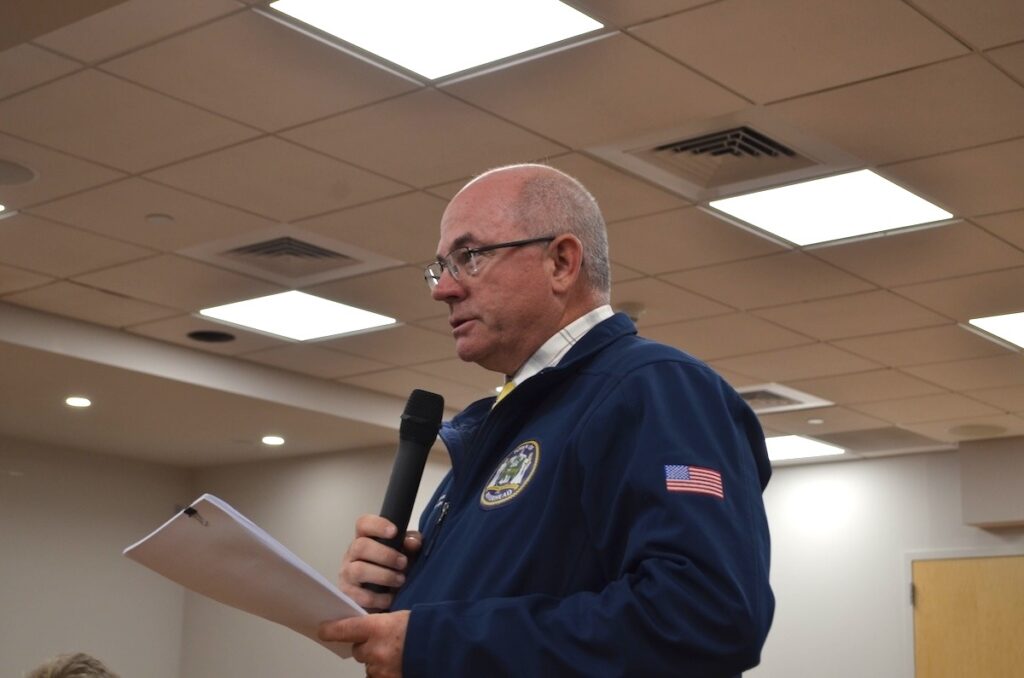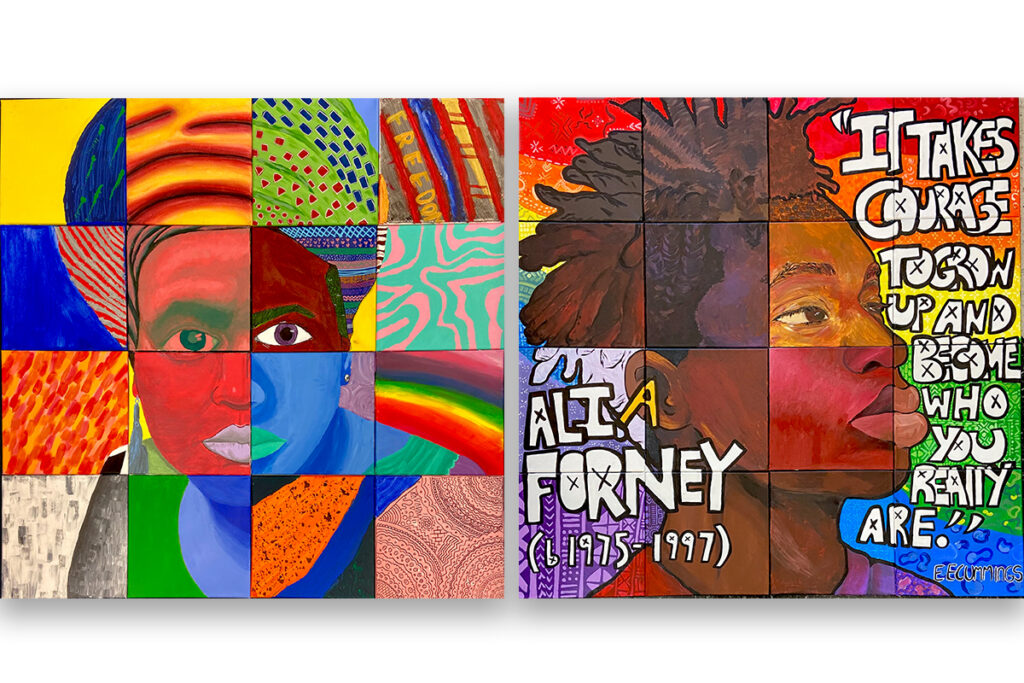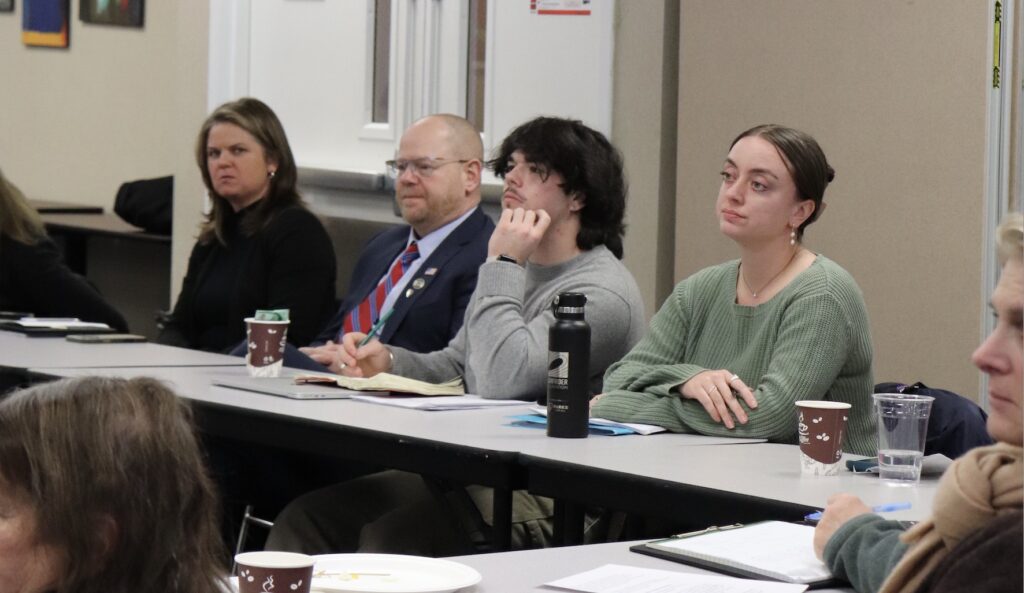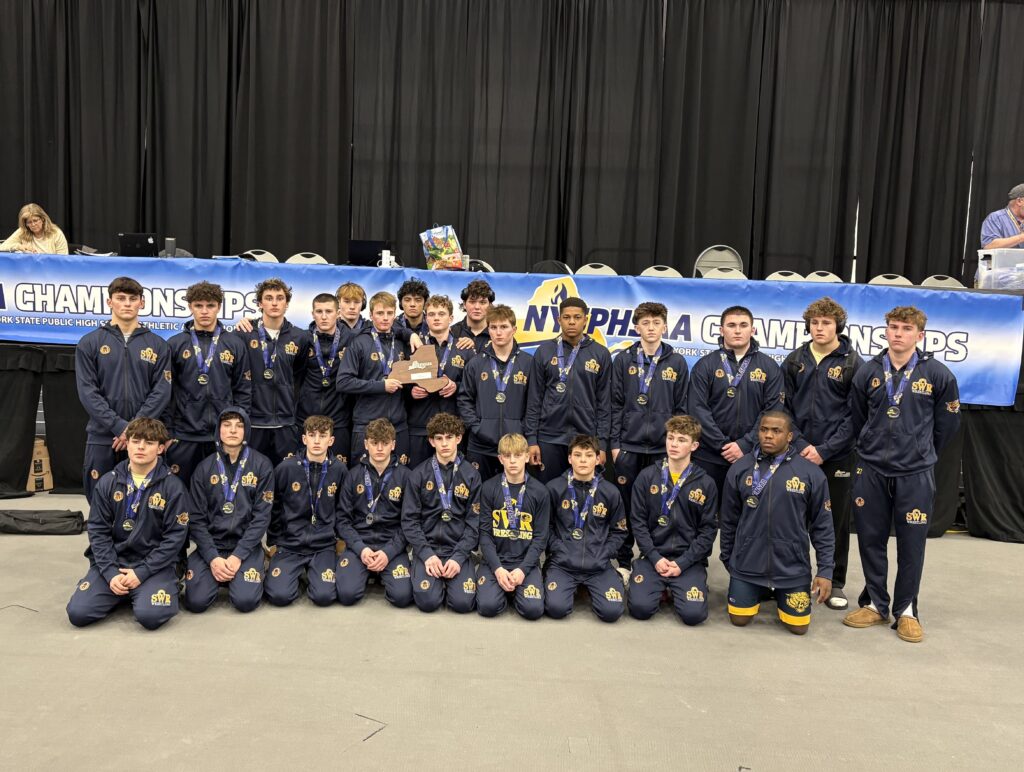Guest Spot: Anna Pozamantir

Will AI hire us?
You’re a young professional and you’re looking for a job. Who do you think will be across the table when you sit down for a job interview?
Matt Berentsen of Shirley, 27, was hoping for someone with whom he could discuss his ambitions, his experience, his questions about the job.
But for his interview, there was no one at all. There was only a blinking webcam and questions on a screen as an algorithm asked him to record every answer, the sound of his own voice echoing back at him.
Artificial intelligence is rapidly transforming the application process. While some businesses have retained a more traditional approach to hiring, many are beginning to adopt AI as a tool for making hiring decisions and vetting potential candidates.
This often means using AI to sort and rank applications in the initial hiring phase, determining who will get an automatic rejection and who is qualified to proceed to the next step of the process.
In some cases, such as with Mr. Berentsen, it means AI is being employed as a complete replacement for human interviewers, asking questions over a video screen while evaluating the responses by algorithmic criteria. A recent survey by the employment agency, Insight Global, found that 99% of hiring managers admitted to using AI during the hiring process, and the vast majority maintained that it improved hiring efficiency.
“You never get the chance to hit it off with somebody,” Mr. Berentsen said. “The qualifications can be great, but you also need to hire people who fit in, who mesh, who seem like they can hold a solid conversation.”
Stephanie Bak, 23, an event planner and recent MBA graduate from Stony Brook University, also said she worried AI would miss qualified candidates. “Hiring managers have already been using systems that sort resumes based on key words, so it does not surprise me that they are beginning to add AI to the process,” Ms. Bak said. “But I think management should be aware that by eliminating candidates without personally reading their resumes, they may be missing out on candidates with great potential.”
According to a survey conducted by the Pew Research Center in 2022, 66% of Americans would not want to apply for a job at a company that used AI for hiring decisions. Respondents questioned AI’s ability to judge “intangible” qualities such as personality, how one might fit into the social dynamics at work and judgments that require some human interaction.
“I am fine with AI judging if I meet the key criteria,” said Ronak Singh, 22, a recent Stony Brook graduate with a degree in applied mathematics, statistics and economics. “But in my opinion, every sentence [in an application] has emotional nuances that only a human is able to identify.”
Mr. Singh has another beef with AI hiring: “The storage of these resumes as sources of data by the AI system of those companies seems unethical to me.”
I’m a recent college graduate, and when I look at potential writing careers, I wonder if they will be viable in 10 years. Companies that used to look for writers are instead asking for people who will train AI to write for them.
It’s disorienting to adjust to the different demands of businesses in this current era: Some want candidates who can use AI for faster and more efficient writing, while others ban the use of AI entirely.
It feels like artificial intelligence is everywhere. Even on the job applications themselves, some employers ask if you want to opt in or out of being reviewed by a robot.
What’s a young graduate to do? Edward Fabian, an adjunct professor of tech innovations at Stony Brook University’s College of Business, has a thought: Try something oldfashioned.
“My suggestion is that more time should be spent networking,” he said. “My way around AI hiring is to form relationships and get to know people.”
Anna Pozamantir is a graduate of Riverhead High School and the University of Virginia.









